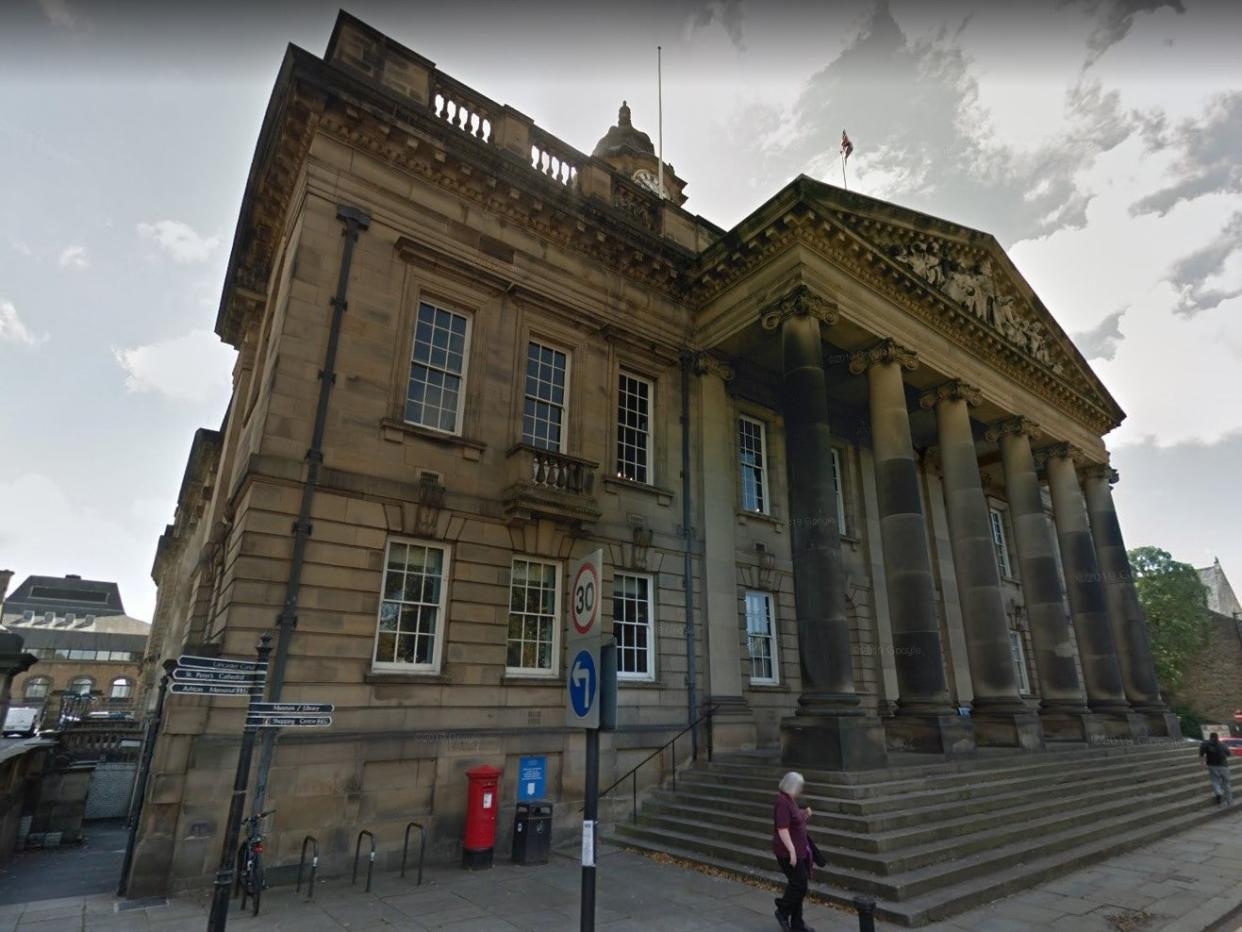Lancashire city council becomes country’s second authority to be led by Greens – after support from Tories

A Lancashire city council has elected the country’s second ever Green council leader – after the party united with the Tories to oust the old Labour leader.
Former headteacher Caroline Jackson has taken over Lancaster Council after her group joined forces with the Conservatives to get rid of Erica Lewis.
It means this northern city of 140,000 people - a one-time red stronghold - follows only Brighton in being run by a Greens-led authority.
But the triumph on Monday night was not immediately celebrated by everyone within the party with some questioning if the group should be aligning itself, even informally, with the Tories.
The coup itself came amid bitter acrimony on the council, which Labour, the Liberal Democrats and the Greens had run together as a coalition for two years.
It is understood the alliance fell apart after the Greens - which has just nine of the council’s 60 elected seats - became increasingly frustrated that Dr Lewis was alienating voters.
They put forward Councillor Jackson as an alternative leader - a bid which secured majority of support on the council after Tories supported it, along with two local parties, the Eco-Socialist Independents and the Morcambe Bay Independents.
A spokesperson for the Green Party said they were “delighted” at the news. They denied any formal arrangement had been made with the Conservatives,who have 13 seats, and said no cabinet posts would be offered to the party.
Adrian Duggan, leader of the Tories, said: “The Conservative group shares many similar core values and vision: the care of our planet and region, providing quality local services, prudent economics combined with community wealth generation, a commitment to shape tourism and leisure…and many other regeneration projects.”
And he added: “Councillor Jackson’s cross party, open and fair approach to matters, will bring a respectful, collaborative, atmosphere to the chamber.”
But, if the move has raised some eyebrows on the left, it came as little surprise to those who best know the city’s politics.
“I’m not at all shocked,” said Dr Matthew Johnson, senior lecturer in politics at Lancaster University “Two reasons why there was always a chance of this hppening. One, the social circles are often much closer between your Green Party and Tory councillors. They live in the same areas, have children at the same schools. They just mix together. They talk. And the second reason: there is very much a shared belief that the Labour-led council had, in lots of different ways, been inept. They have hemorrhaged voters here.”
He suggested that the move may also be symptomatic of a deeper shift within the Green Party away from its historical radical roots to being an organisation more willing to embrace the status quo and force change from within the political system.
“To some extent what happens in Lancaster now could have a real impact on their future at a national level,” he said. “If they are not afraid to be bold and radical while running the council, and if they can also prove themselves to be competent – and they are not seen to be over-influenced by the Conservatives – then that could resonate with voters everywhere. It will prove they could be a new force to be reckoned with.”
Lancaster is now the fourth Lancashire council that the Labour Party have now lost control of in just 11 days following the local elections earlier this month.
Read More
UK weather: The latest Met Office forecast
Government’s Windrush ‘engagement meetings’ are perpetuating hostile environment, activists say

